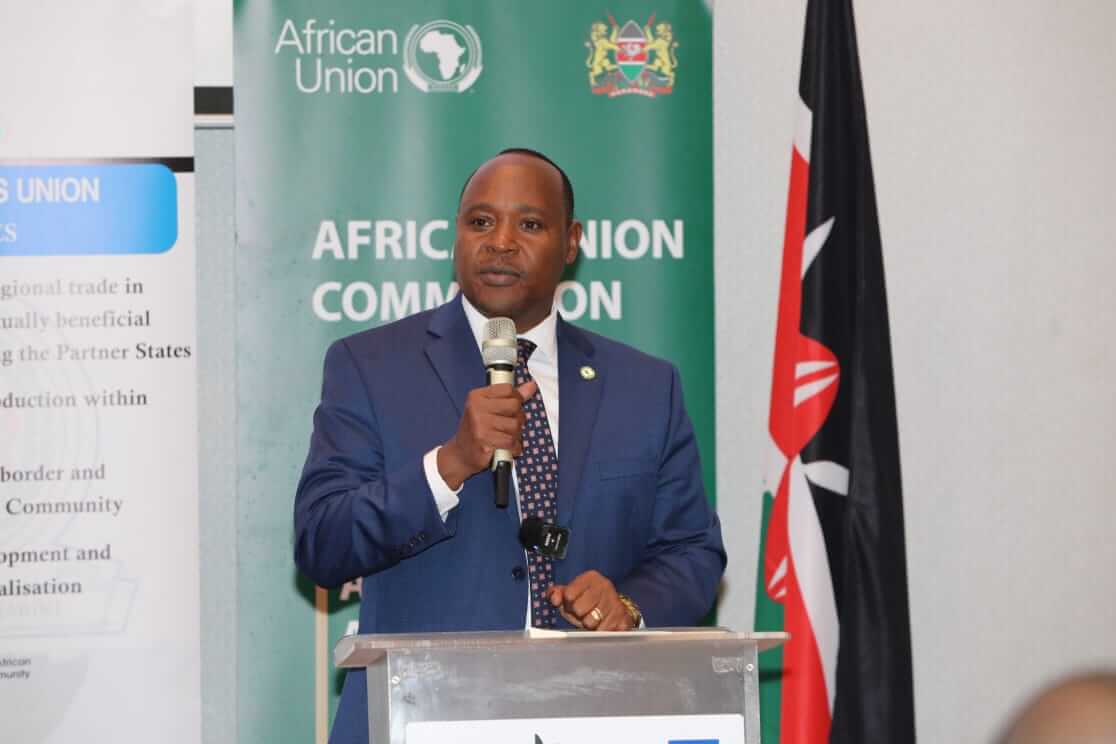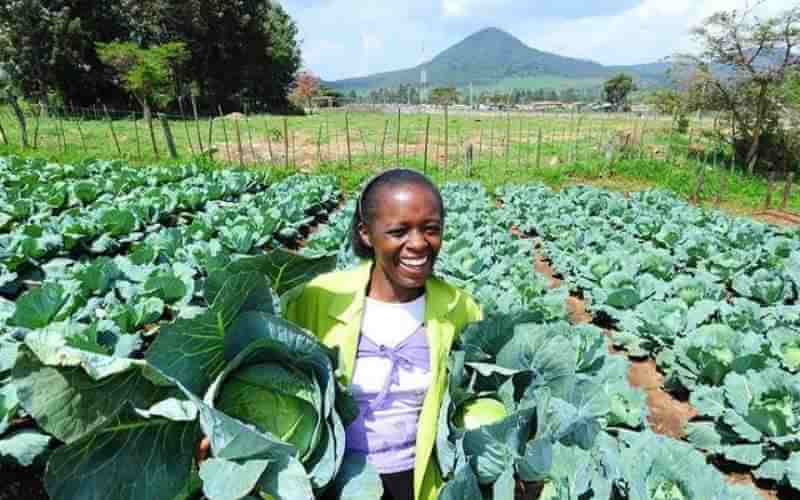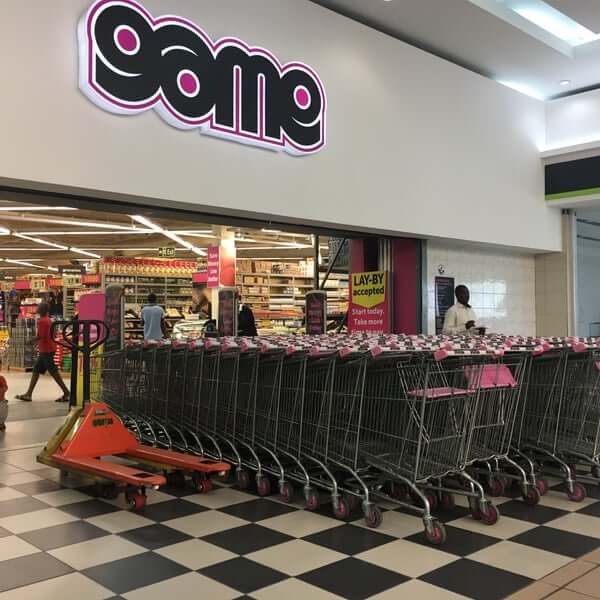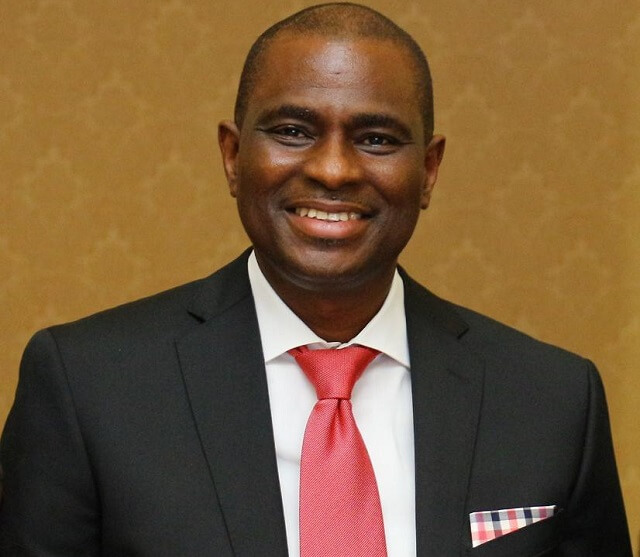African countries have been asked to provide investment incentives to businesses operating in the agribusiness, green and blue economy in order to reduce the soaring costs of basic foodstuffs coupled with rising inflation in Africa.
African Governments have further been urged to facilitate access to capital and crowd-funding to support SMEs in Africa, through the use of Government Guarantee Funds (GGFs) and Privately Driven Guarantee Funds (PDGFs) including subsidizing agricultural production for key sectors such as cereals, vegetable, and palm oil to reduce the costs of production to enhance global competitiveness.

The proposals to aid Africa’s economic recovery, brought forth during the Coordination Committee meeting of the African Union Commission, Regional Economic Communities (RECs) /Regional Mechanisms (RMs) and Strategic Partners held in Nairobi, Kenya.
Opening the meeting, the Chairperson of the African Union Commission (AUC), H.E. Moussa Faki Mahamat said that with Africa having the world’s largest free trade area, with a market of 1.2-billion-persons, the continent is creating an entirely new development path, which requires that it, to harness the potential of its own resources.
“The economic prospects for Africa in 2023 look promising, Africa is coming out as resilient and is bound to transform the three major sectors of economic activities into a much more sustainable economic model; the extraction of raw materials (primary), the manufacturing sector (secondary) and the service industries (tertiary sector),” he said.
On his part, EAC Secretary General Dr.Peter Mutuku Mathuki said that RECs such as EAC play a critical role in coordinating and actively engaging stakeholders at the national and regional levels, which is highly necessary in the implementation of initiatives under Agenda 2063 including African Continental Free Trade Area (AfCFTA).
Dr. Mathuki highlighted the resilience of EAC economies during the Covid-19 pandemic that ravaged economies worldwide.
“The Covid-19 pandemic cost the EAC Partner States between US$37 and US$79 billion in terms of output losses. The region continues to rebound with intra-EAC trade, accounting for imports and exports in the six (6) EAC Partner States, growing from 13% in 2019 at a value of $ 7.1 billion to 15 % in 2021 at a value of $9.5 billion,” said Dr. Mathuki.
Dr. Mathuki said that intra-EAC trade stood at US$10.17 billion in September 2022, representing a 20% share of Intra-trade to global trade.
The Secretary General further called on the continent to deepen collaboration and address some of the issues hampering the region’s growth.
“Africa needs to adopt the Open Skies policy to improve air transport and in a united front, collaborate on the interconnectivity of the road networks to facilitate trade and movement of goods and services,” he said.
He also called for the adoption of the One Network Area (ONA) in the continent to lower the cost of communication, particularly international calls across Africa.
Dr. Mathuki highlighted some of the strides EAC has made that have seen the bloc ranked as the most integrated REC on the continent.
“EAC has constructed and operationalized 12 One-Stop Border Posts (OSBPs) to enhance Intra-Africa trade. This has seen EAC’s total trade with the rest of the world stand at US$62 billion and increased cross-border investment,” he said.
Dr. Mathuki disclosed that the region has also harmonized regional and international standards, adding that it was rolling out the EAC international e-Passport to ease the movement of persons.
He said that the Partner States have also been collaborating on security matters to mitigate conflicts and instability in the region.






